The Nigerian stock market has made gains in the first five months of 2024, with the overall market capitalisation increasing by N15.25 trillion.
This increase brought the total market capitalisation to N56.172 trillion by the end of May 2024, a 37.28 per cent rise from N40.917 trillion at the start of the year.
Join our WhatsApp ChannelThe Nigerian Stock Exchange All-Share Index (NGX ASI), also saw a notable rise, climbing to 99,300.38 basis points, a 32.8 per cent year-to-date increase from 74,773.77 basis points at the close of 2023.
Despite the aggressive interest rate hikes in Nigeria, which were expected to lead to a shift from stocks to fixed income assets, the stock market has shown resilience. The rapid hike in benchmark interest rates, aimed at curbing inflation, did not deter the stock market’s growth.
David Adnori, Vice President of Highcap Securities Limited, highlighted the factors behind this trend. “Investors traded based on sentiment, and the emergence of Bola Tinubu as Nigeria’s President further energised the stock market. There was confidence in his ability to implement economy-friendly policies,” Adnori said. “However, this confidence is beginning to fade, as seen in the market’s performance in April and May.”
READ ALSO: Nigerian Stocks End May With 1% Gain Despite Market Volatility
The stock rally was driven by significant gains in companies like Geregu Power, Dangote Cement, and BUA Cement. Geregu Power saw an impressive 150.6 per cent increase, while Dangote Cement and BUA Cement rose by 105.3 per cent and 72.07 per cent, respectively. Other top performers included BUA Foods (96.4 per cent), Julius Berger (90.07 per cent), and Tripple Gee (92.1 per cent).
Tajudeen Olayinka, an investment banker and stockbroker, attributed the renewed interest in equities to the drive by many investors to hedge against inflationary pressure. “This is demonstrated by the simultaneous rise in interest rates and equity prices. Beyond this, the economy is still awash with excess liquidity, chasing fewer profitable investment opportunities,” Olayinka explained.
Retail and institutional investors played a significant role in driving the market rally. Analysts from Coronation Research, noted that Nigerian pension funds’ holdings in the equity market rose by 16 per cent from the beginning of the year to the end of April. Retail investors have also been increasingly investing in stocks, seeking better returns in a high-inflation environment.
Despite the strong performance in the first three months of the year, the market showed signs of slowing down in April and May. The market dropped by 6.1 per cent in April and only rose by 1.1 per cent in May. Adnori pointed out that this could be an indication that the rate hikes are starting to impact the market.
The NGX Industrial Index gained 73.08 per cent year-to-date, driven by the performance of companies like Dangote Cement. The NGX Consumer Goods Index also saw a significant rise of 39.5 per cent, while the Oil/Gas Index and Insurance Index gained 24.07 per cent and 14.17 per cent, respectively. However, the NGX Banking Index dropped by 11.13 per cent, reflecting cautious trading in banking stocks amid sector reforms.
Amid these developments, Nigeria’s inflation rate has continued to rise, reaching 33.69 per cent in April 2024, the highest since March 1996. The Central Bank of Nigeria (CBN) has maintained its focus on achieving price stability, with Governor Olayemi Cardoso stating that the Monetary Policy Committee (MPC) will use available tools to control inflation.
The first five months of 2024 have been marked by a dynamic stock market, with gains driven by investor sentiment, company performances, and economic reforms. As the year progresses, market participants will be closely watching the impact of interest rate hikes and economic policies on the stock market’s trajectory.
Emmanuel Ochayi is a journalist. He is a graduate of the University of Lagos, School of first choice and the nations pride. Emmanuel is keen on exploring writing angles in different areas, including Business, climate change, politics, Education, and others.
- Emmanuel Ochayihttps://www.primebusiness.africa/author/ochayi/
- Emmanuel Ochayihttps://www.primebusiness.africa/author/ochayi/
- Emmanuel Ochayihttps://www.primebusiness.africa/author/ochayi/
- Emmanuel Ochayihttps://www.primebusiness.africa/author/ochayi/

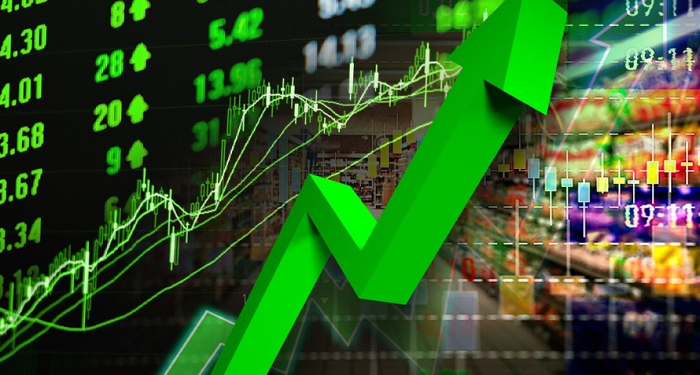



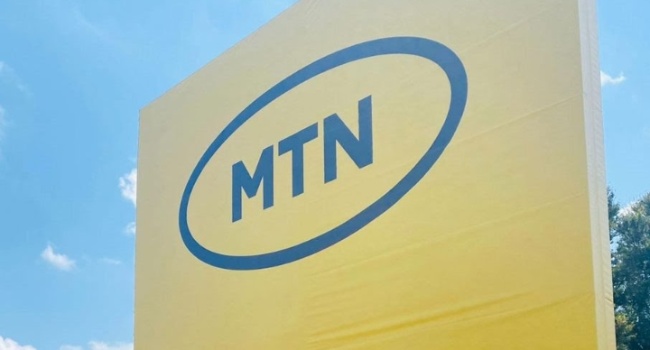


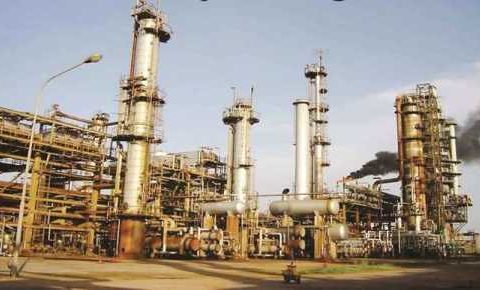
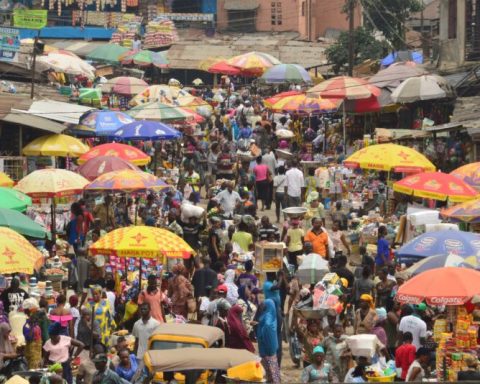






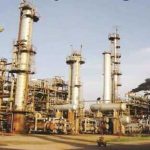
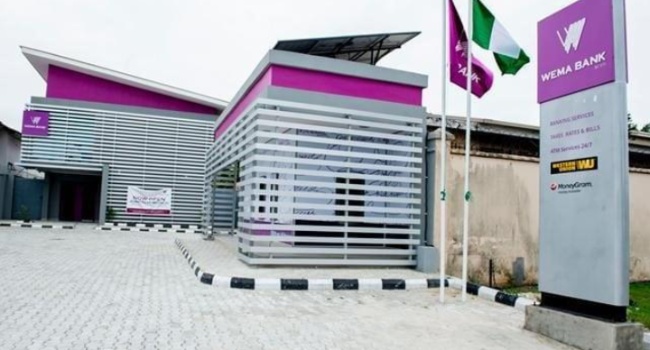


Follow Us